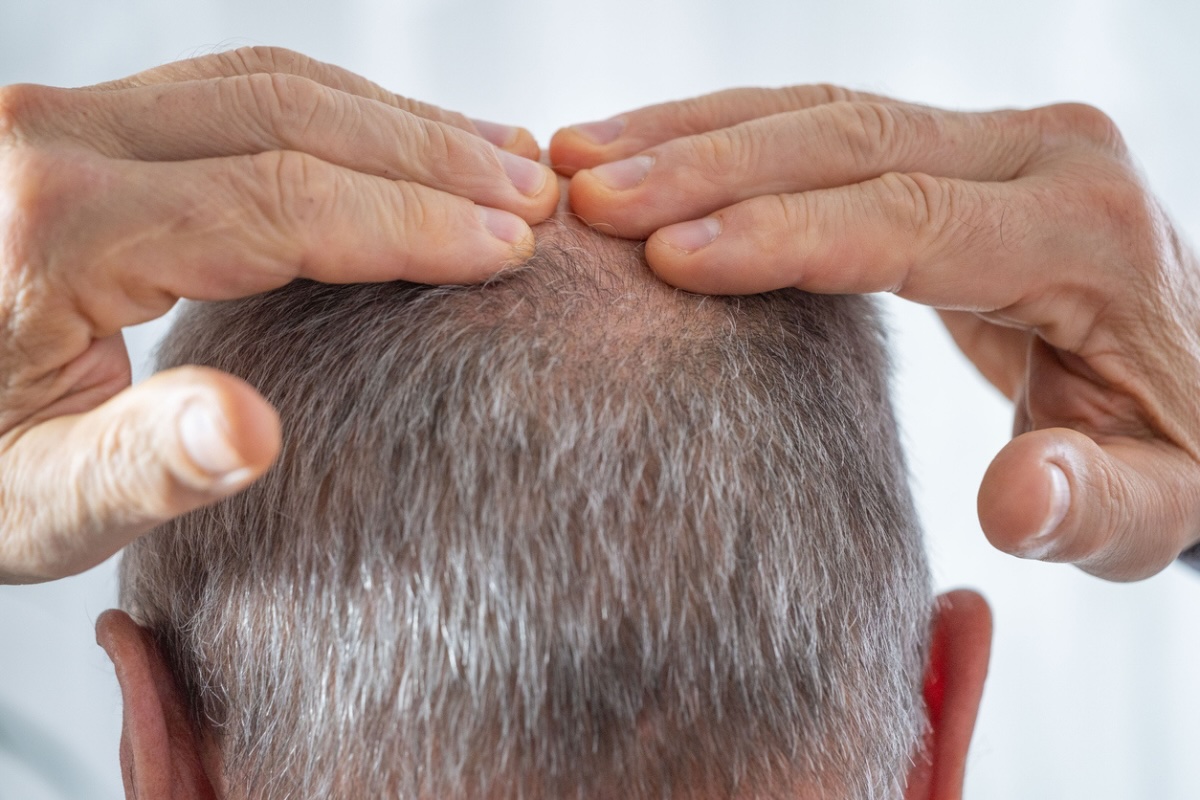An exhaustive new review has emerged as a huge step in charting a vast (if somewhat muddled) research landscape of over-the-counter (OTC) depression treatments. Published in Frontiers in Pharmacology, the comprehensive review covered 209 randomized controlled trials (RCTs) involving adults between the ages of 18 and 60, exposing what works, what might work, and what doesn’t appear to do much at all.
Led by researchers at Liverpool John Moores University and University College London, the project explored dietary supplements, herbal products, and non-prescription medications that patients turn to – usually without medical input – to manage their depressive symptoms.
 While antidepressants and psychotherapy remain the go-to treatments for patients with major depressive disorder (MDD), access barriers and conflicting opinions about effectiveness and side effects drive many patients to consider other (less conventional) options. The researchers conducting this review wanted to clear up that confusion by cataloging what’s been tested, and how credible the evidence is.
While antidepressants and psychotherapy remain the go-to treatments for patients with major depressive disorder (MDD), access barriers and conflicting opinions about effectiveness and side effects drive many patients to consider other (less conventional) options. The researchers conducting this review wanted to clear up that confusion by cataloging what’s been tested, and how credible the evidence is.
Methodology
The team sorted through five major medical databases from December 2022, zooming in on nearly 24,000 records and 209 relevant RCTs. They only included products that are already readily available over the counter and are taken orally for at least a week. The products range from single vitamins to multi-ingredient supplements and herbal teas.
The researchers insisted on only including products that had been tested against either a placebo, a control (untreated) group, prescription drugs, or some other OTC option.
The teams sorted the studies by product type, population, and treatment format (standalone or adjunct to therapy or medication). Then they tallied up whether the results were positive, null, or unclear.
They also gathered the relevant safety data whenever possible.
What We Know (and Don’t) About Common Products
A handful of products – the big five as it were – managed to generate the most interest from researchers:
- Omega-3s (39 trials): Despite their widespread popularity (and robust body of research), the jury remains deadlocked on the supplement’s efficacy. More than half the studies revealed no recordable benefit over the placebo. However, some of the studies showed promise, especially if clinicians employed them as an add-on to antidepressants.
- St. John’s Wort (38 trials): This longtime homeopathic favorite performed well against both placebos and some even prescription drugs, with multiple studies suggesting comparable or even superior effects. However, the study’s authors point out that it also carries some documented drug interaction risks, complicating clinical recommendations.
- Saffron (18 trials): Aside from being the world’s most expensive spice (which doesn’t exactly make this a cost-effective treatment option), it showed consistent positive effects, particularly among postpartum and metabolic populations. Those benefits also came with few reported side effects.
- Probiotics (16 trials): While the general public’s come to recognize the benefits of probiotics (and the overall importance of gut health), the research studying their mental benefits produced some mixed results. That being said, more studies leaned positive than not. However, the trials were generally small and relied on a variety of bacterial strains.
- Vitamin D (14 trials): Rounding out the big five, this supplement mainstay generated mostly positive results in those with deficiency-related conditions or as an adjunct to therapy. But those findings lacked universal consistency.
The researchers also looked at some lesser-studied, yet ultimately promising, options, such as:
- Folic acid, tryptophan, and zinc (3-8 trials each): Each of these showed some encouraging benefits, especially as adjuncts.
- Lavender, lemon balm, chamomile, and Rhodiola: Finally, these herbal staples boasted a handful of positive trials. But, the authors warn, those results weren’t robust enough for clinical endorsement – yet.
Roughly 70% of the trials included reports of adverse events. Among those, 85% reported no safety concerns. And when issues did crop up, they tended to be typically mild. Only one study – an omega-3 trial – reported an uptick in serious adverse events, though researchers didn’t establish causality.
The Bottom Line
While the public craves more “natural” depression remedies, actual proof of their efficacy remains scarce. Even so, several OTC products – folic acid, saffron, and St. John’s Wort – have shown enough promise to deserve further investigation.
“Some herbal and nutritional supplements do appear to have a potentially beneficial effect for less severe forms of depression,” Senior Author and LJMU Senior Lecturer Rachael Frost, PhD, concluded. “But for many of these therapies there is still not enough evidence to offer definitive recommendations.”
Further Reading
Vitamins B12, B6, and Folic Acid for Onset of Depressive Symptoms in Older Men


